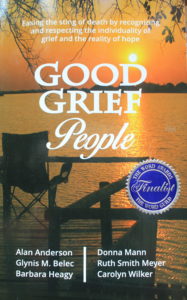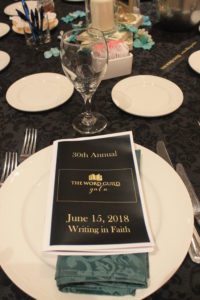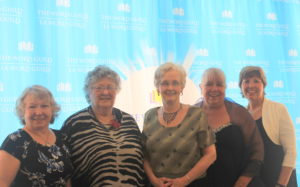Back in June, I attended a writing workshop with Kat McNichol called “Writing for Healing” in Eden Mills. As one of the quick writing prompts, I wrote a poem Not Me. It was written in response to the poet Rumi’s poem Not Here.
When the poem was introduced to us by Kat, I had such a negative internal response that I decided I should just deal with it in a written response. The result, created in five minutes, showed me the level of anger and weariness I had in dealing with the grief of my deceased husband and love of my life.
Kat asked if she could publish the poem in her online newsletter. Check out the poems (Rumi’s original and mine) and other stories by clicking on the link below.
https://www.dreamerswriting.com/stories-poems/barbara-heagy/
And by the way — if you have a chance to take a workshop with Kat McNichol, do it! She’s a fabulous teacher. There is another ‘Writing for Healing’ workshop coming up in October. Check for details at www.dreamerswriting.com.
A Response Poem to Rumi’s Not Here
Not Me by Barbara Heagy
Oh, Rumi.
I do not want to hear this right now.
Don’t speak to me about bravery and sharp
compassion.
I have had howling hurt
And it sucks.
I have stood strong and full of courage.
“Turn and face the lions,” I said.
But the lions’ roaring pains my eardrums.
Their carnivorous breath makes me faint.
Their overpowering size tires me
As I pace the cage with them.
Copper and gold are not for me.
I have accumulated a treasure house of
such so-called riches.
Give me sun.
Give me breath.
God, give me pastrami.
Anything but more of your precious metals.
I am not half-hearted.
I am empty-hearted
Facing your sizzling ovens that shape the soul.
Empty-hearted, holding back,
I am now just well-enough and getting by.
Your challenge has depleted me,
Frozen my thoughts into debilitating ideas of
“I can do this.
This will be good for me.”
Well F’ you, Rumi.
I walk away from this challenge.
I’ve given at the office, thank you.


